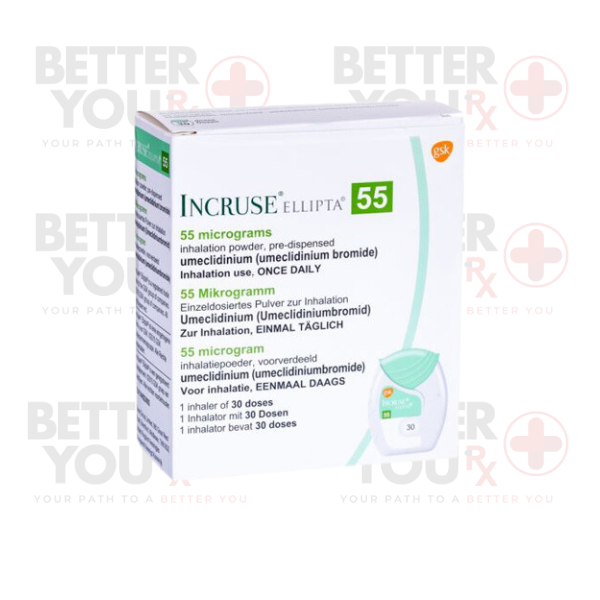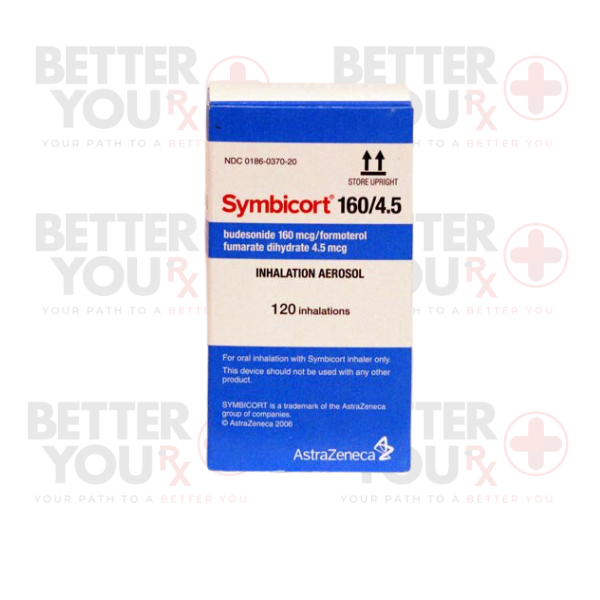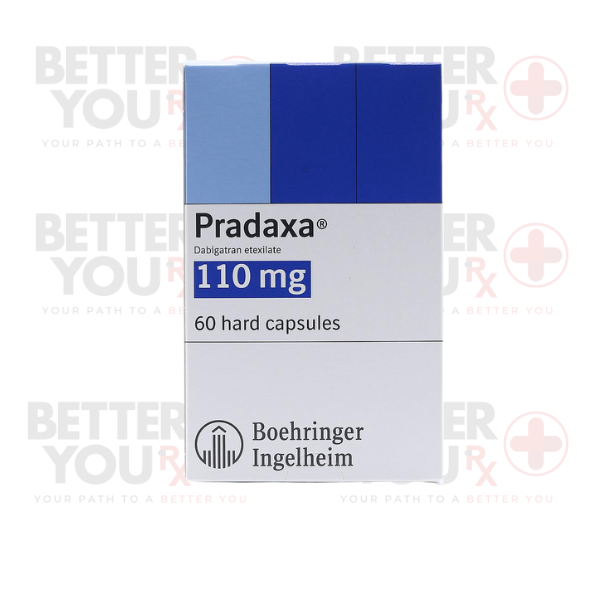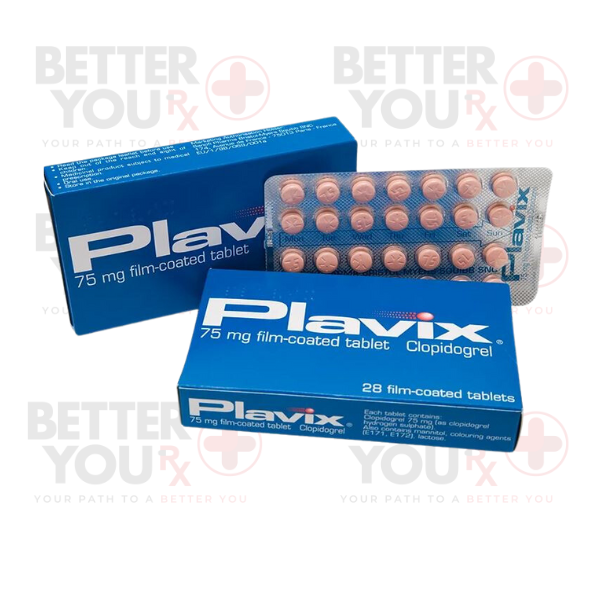Description
Levothyroxine is a medication used to address hypothyroidism, a condition characterized by an underactive thyroid gland that produces insufficient thyroid hormone. Additionally, it is employed in the treatment of congenital hypothyroidism (known as cretinism) and goiter, which refers to the enlargement of the thyroid gland. Levothyroxine is also part of the treatment plan for thyroid cancer in conjunction with surgery and radioactive iodine therapy. This medication belongs to the class of hormones and functions by replenishing the thyroid hormone typically generated by the body. In the absence of sufficient thyroid hormone, the body may exhibit various symptoms such as stunted growth, sluggish speech, fatigue, chronic tiredness, constipation, weight gain, hair loss, dry and thickened skin, heightened sensitivity to cold, muscle and joint discomfort, irregular or heavy menstrual periods, as well as depression. Proper administration of levothyroxine effectively alleviates these symptoms.









